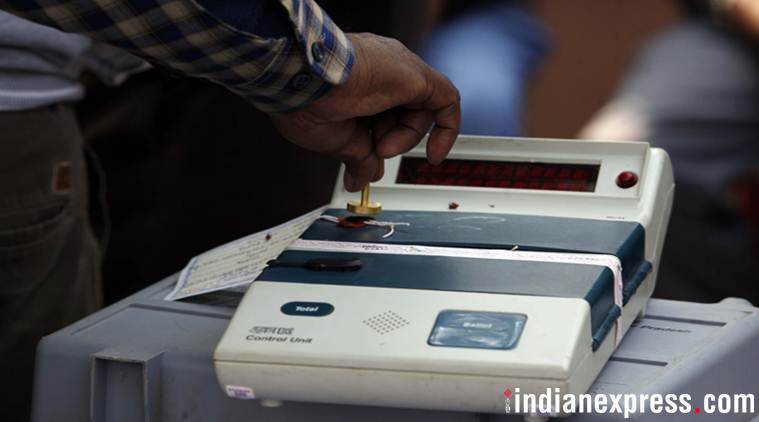Come poll season, and some parties that foresee their loss raise the EVM-tampering bogey. Given how the allegations, if they aren’t probed, could erode the trust of the electorate in India’s democracy, the Supreme Court did well to allow voter-verified paper audit trail (VVPAT) verification at five polling booths per assembly segment, instead of just one booth per assembly segment as was the norm earlier. One booth per assembly segment translates into less than 1% of the total polling booths in the country, thus, it makes it difficult to catch any tampering if it was happening, opposition parties that has petitioned the Supreme Court in the matter had contended. However, by rejecting the demand of 21 opposition parties that 50% of VVPAT be verified, the SC court has done justice to the electorate as well as the democratic process in India.
A 50% verification would mean that the Lok Sabha counting will get delayed by six days, a delay that the petitioners are okay with. However, given how they haven’t been so far able to prove that EVMs can be hacked, opposition parties drumming up bogey-man fears is a serious disservice to India’s democracy. While the Aam Aadmi Party demonstrated the hacking of a non-ECI EVM in the Delhi Assembly, none of the political parties that have been stoking EVM-scepticism actually took of the ECI’s open challenge to hack its machine. On the other hand, the ballot system, as the panchayat elections in West Bengal last year showed, allows for far easier booth-capturing and casting of bogus votes. Are those the days that the opposition parties want to drag the nation back to? If so, doesn’t this mean that the parties claiming that democracy is being subverted would be the actual beneficiaries if indeed democracy is subverted with paper ballots?


